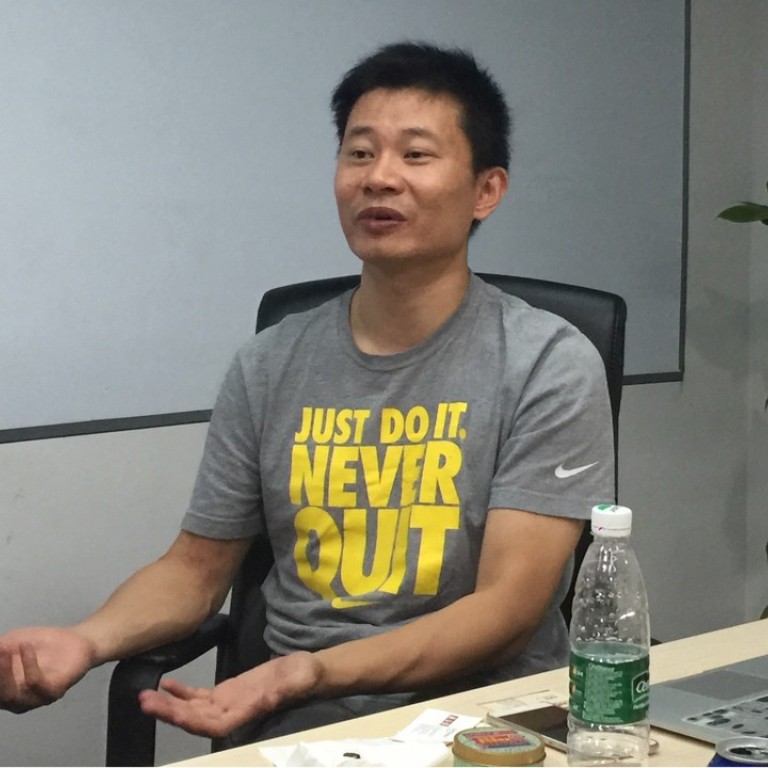
China state media blasts start-up for claiming Google Chrome-based browser as own innovation
The Redcore “farce” has exposed abuse of the “independent innovation” and pursuit of rapid success in China’s tech industry, state media warned in a commentary published on Monday.
The remarks come after the Beijing-based start-up admitted that the “home-developed” web browser it claimed was “breaking the American monopoly” was based on Google’s Chrome technology.
Online postings that showed the installation software for the web browser contained Chrome files went viral last week, just one day after Redcore announced it had raised 250 million yuan (US$36 million) in funding.
“Independent innovation has become a high frequency phrase spreading across academia and industry circles to the whole society, as if it can come true based solely on belief itself,” the Science and Technology Daily newspaper said. “If it’s okay to cut corners and mint quick fortunes by hyping such concepts, who else would be willing to toil on the sidelines and stick to original research?
“Without the backbone principle of ‘feet on the ground’, technology innovation would end up descending into speculation,” the commentary added.
Science and Technology Daily, funded by the State Science and Technology Commission and China's Academy of Science since 1986, is considered a mainstream state media outlet in the field.
The public censure adds weight to the growing debate about China exaggerating its technological strength. Last week Liu Yadong, chief editor of the same publication, said the country’s lack of a scientific spirit was often the underlying reason for problems ranging from weaknesses in research to widespread counterfeiting and fraud.
Liu, who cited China’s lack of scientific spirit despite a century of trying, sparked national soul-searching two months ago after criticising the local media for hyping China’s strength in technological innovation.
The self reflection coincided with Beijing’s apparent dialling down of rhetoric on its ambitions for global leadership in advanced technologies amid a trade war with the United States.
On Thursday Chen Benfeng, founder and chief executive of Redcore, admitted in an interview at the company’s Zhongguancun headquarters in northwest Beijing, that it was wrong to have made the overblown claims.
“We don’t deny building on Chrome’s technologies,” said Chen. “We know that this is a life-or-death situation for the company. If we don’t clarify properly, there may be no tomorrow.”
Redcore didn't immediately respond to inquiries sent via WeChat. Phone calls made to a product manager at the company could not get through.
The social media revelations of Redcore also drew comparisons to false claims of breakthroughs in the past, including the case of Hanxin. In 2003, a professor at Shanghai Jiao Tong University unveiled a digital signal processing chip he dubbed a Chinese chip, which rhymes with “Chinese soul”, which was later found to be based on a sanded down Motorola chip.
Although Redcore did not make false claims to obtain national research funds as Hanxin did, the former was “more wicked” as an opportunist hyping the concept and failing to label the source – going against the spirit of open sourcing, the commentary said.
“Customisation and improvement is a far cry from breaking a monopoly or independent innovation,” the commentary continued. “It is just common sense. It’s easy to connect what they are cunningly after in business given the recent sentiment.”
In last Thursday’s interview Chen said: “We will never promote [ourselves like that] again. No more ideological or US monopoly stuff. We will be more down-to-earth and focused solely on technology.”

